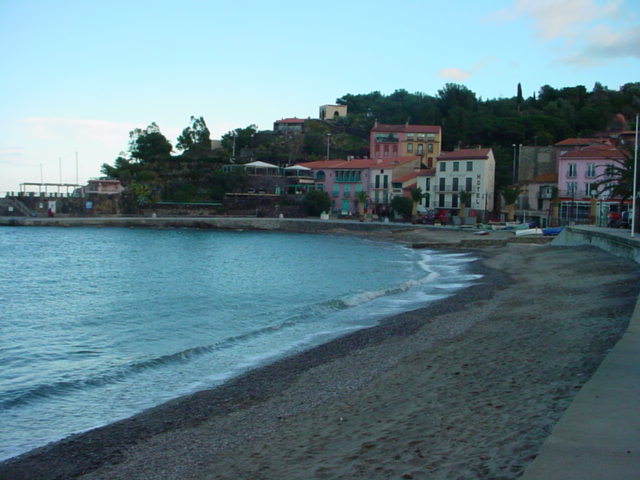The point of this blog is to share some thoughts on anti-corruption policy in the world. Having looked at this issue from a European perspective for a couple years, I'm now going to open my eyes to how things are in my own country too (the US), as well as in other places in the world. What about those political appointments in all those federal agencies? How widespread is that kind of thing in other countries? And campaign finance? Certainly, no where else in the world do campaigns cost or require as much as campaigns in the United States. But should we go back to the way campaigns are in other places? I remember the first time I saw campaign posters in a foreign country, which was Germany, and thinking how I wouldn't have put on that particular bow-tie for the poster, and that the candidate should have at least gotten a better haircut on campaign picture day. Of course, his political party didn't have the cash to hire a stylist for each and every candidate.
And another thing that I am wondering about is how the explosion of the corruption issue has made it the weapon of choice for political opponents, so that cries of corruption are as often unfounded as they are true. How do we tell the difference? And how can we really tell where it's happening and where it isn't? Is setting up preventive systems just giving way to other abuses, somewhere else?
And the other thing I'm interested in is how much corruption is a developing country problem versus a problem that affects every country, including developed ones, although in different ways. I am inclined to believe that developed countries ignore the political and private sector corruption that occurs, but I guess I can't argue with someone who says that Afghanistan is more corrupt than the Netherlands. We know that in developing countries, corruption is a barrier to development of the economy and a barrier to the successful formation of democratic structures, but what are the effects in developed countries?
And as a side note, I've heard many US Democrats try and push the slogan that the Republicans are all corrupt, and that this should be one of the main campaign messages for the congressional elections in November. But then you talk to the many who are disenchanted by politics who give the (well, downright logical) suggestion that perhaps they are ALL corrupt, Democrats and Republicans alike. I mean, we've seen the contract frenzies in Iraq, for Halliburton and others, and I just have to wonder how much of it is true. There is the suggestion that Halliburton is one of the only companies in the world who could do the things they do in Iraq. Is this true?
These are some of the things that will come up in the future, so I hope you will come back and visit.
Cheers,
Andrea
Subscribe to:
Post Comments (Atom)

No comments:
Post a Comment